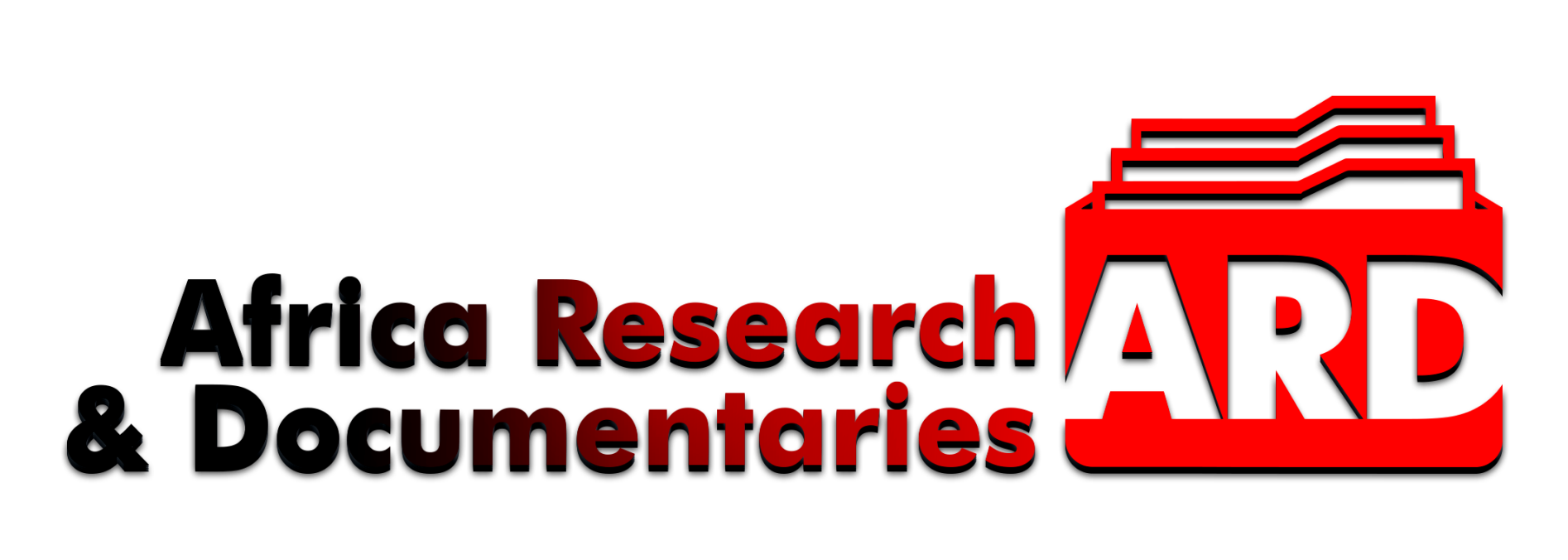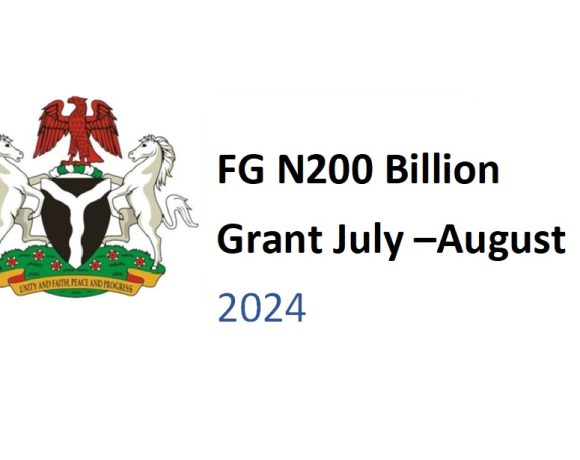Addressing Lagos’ Sanitation Challenges

Lagos State sanitation challenges – ARDnig
Lagos State must urgently address its sanitation issues by adopting a holistic waste management approach. Government initiatives, historical context, infrastructure challenges, and recommendations from other cities provide a roadmap for improving environmental hygiene and public health.
Current Environmental Issues
Lagos State must address its environmental practices to combat the persistent issue of dirtiness. Despite the state government denying the reintroduction of monthly environmental sanitation and movement restrictions, the city’s glaring environmental mess indicates that such measures might be necessary. A holistic approach to waste management and collective sanitation is essential for Lagos to achieve its smart city ambitions.
Government Initiatives
The State Commissioner for the Environment and Water Resources, Tokunbo Wahab, clarified that Governor Babajide Sanwo-Olu’s plan involves a weekly community-based sensitization and awareness exercise. This initiative aims to engage all residents in voluntary environmental cleaning while government officials lead by example. However, beyond these intentions, a multisectoral approach is required to address the waste problems comprehensively.
The city’s waste management crisis is not just an environmental issue but a public health emergency that requires urgent and collective action.
Historical Context
The cancellation of the monthly sanitation exercise aligns with a Court of Appeal judgment prohibiting movement restrictions during the exercise. Former Governor Babatunde Fashola’s pragmatic policies had once transformed Lagos into a cleaner city. However, subsequent administrations, particularly Akinwunmi Ambode’s, have allowed the city to revert to a state of dirtiness. Under Governor Sanwo-Olu, waste management issues persist, with Lagos producing between 13,000 and 15,000 metric tonnes of waste daily.
Infrastructure and Planning Challenges
The city’s waste management crisis is exacerbated by inadequate infrastructure, bad roads, and poor urban planning. These factors hinder waste collection, especially in inner areas, leading to piles of stinking refuse. This growing crisis poses threats not only to the environment but also to public health, as noted by global reports linking solid waste management to significant health risks and environmental degradation.
Solutions and Recommendations
To address these challenges, Lagos can learn from other densely populated cities like Tokyo, Shanghai, Delhi, and Dhaka, where governments have partnered with the private sector to provide adequate waste management facilities and enforce strict recycling laws. Lagos must adopt a culture of sanitation, emphasizing environmental hygiene from a young age, and implement stricter penalties for environmental infractions. Regular sanitation exercises, supported by effective infrastructure and community involvement, are crucial for maintaining cleanliness and public health.
Addressing Lagos’ sanitation challenges requires a multifaceted approach that combines government initiatives, community involvement, and robust infrastructure. While historical efforts like those of former Governor Fashola set a precedent for cleaner urban environments, subsequent administrations must build on these foundations to sustain and improve waste management practices. The city needs stricter laws, better infrastructure, and community involvement. Prioritizing environmental hygiene and leveraging comprehensive strategies will help Lagos become a cleaner, healthier city for all its residents










